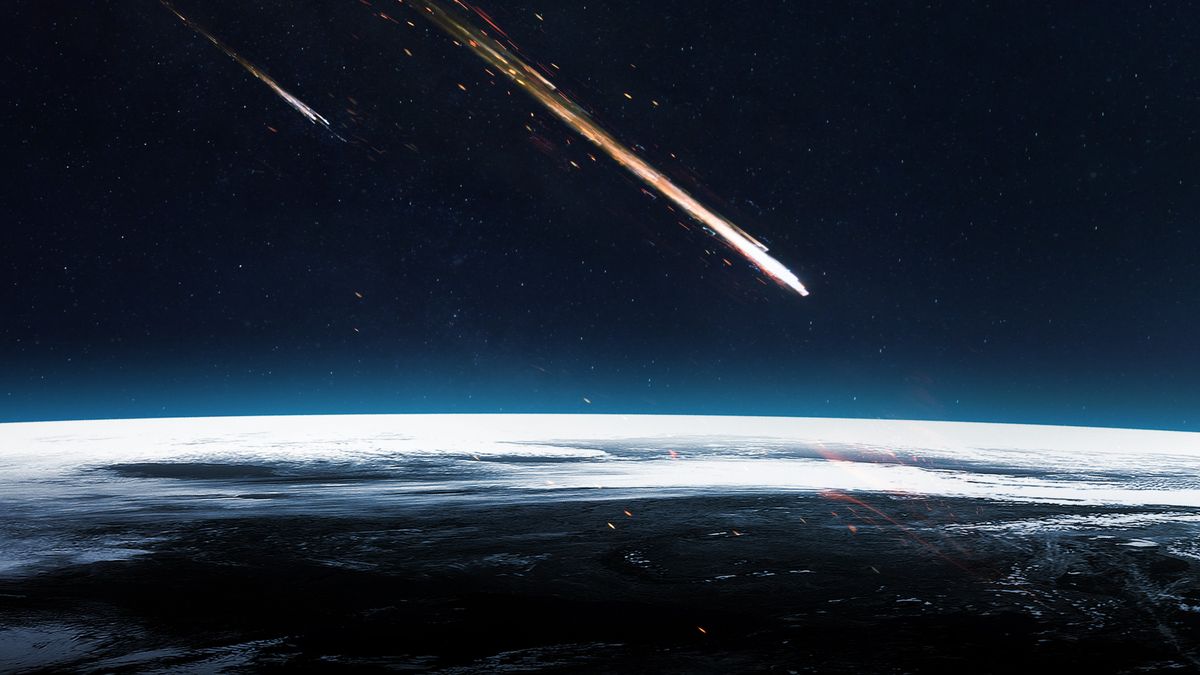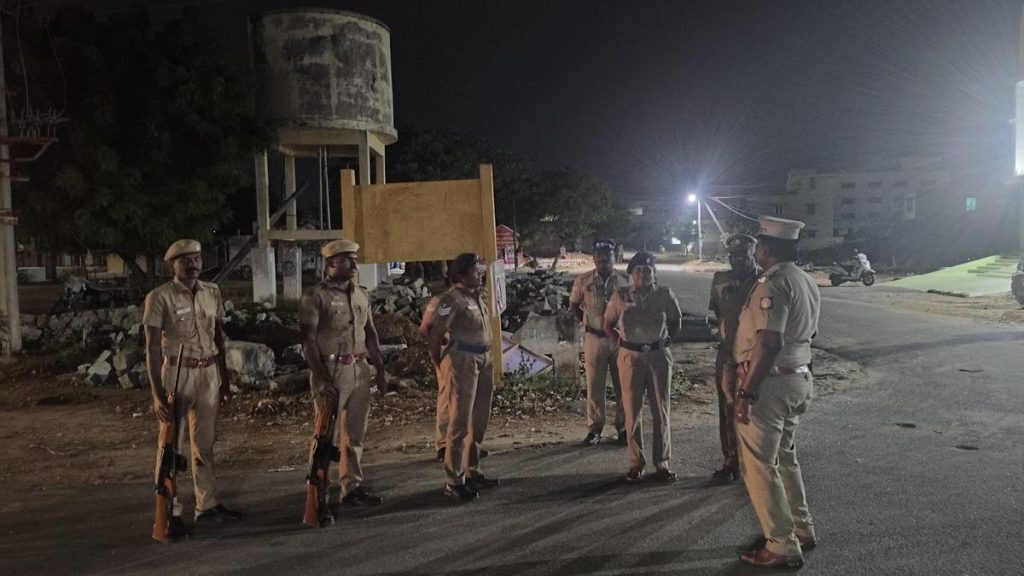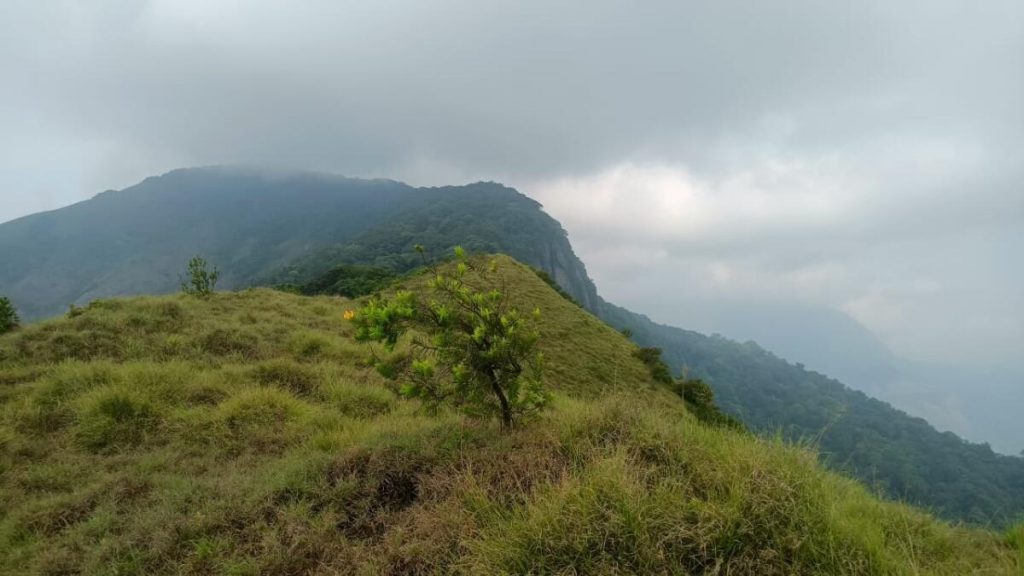Now Reading: Soviet Spacecraft Kosmos 482 Crashes into Indian Ocean After 53 Years in Orbit
-
01
Soviet Spacecraft Kosmos 482 Crashes into Indian Ocean After 53 Years in Orbit
Soviet Spacecraft Kosmos 482 Crashes into Indian Ocean After 53 Years in Orbit

Quick Summary:
- The Soviet spacecraft Kosmos 482, originally designed to land on Venus in 1972 as part of the Venera program, has crash-landed back on Earth.
- It re-entered Earth’s atmosphere after being stranded in space for over 50 years due to a malfunction during launch and impacted the Indian Ocean west of Jakarta, Indonesia at 2:24 a.m. EDT (6:24 a.m. GMT).No injuries or damages were reported.
- Kosmos 482 was initially launched from Kazakhstan’s Baikonur Cosmodrome but failed its mission and remained in an elliptical orbit around Earth.
- The primary body of the spacecraft reentered Earth’s atmosphere nine years after its failed launch in 1981; however, its descent craft lingered until now.
- Weighing about 495 kilograms, the descent lander-designed to endure Venus’ harsh atmospheric conditions-is expected to be largely intact if recovered. Under international agreements, surviving debris belongs to Russia.
- Scientists had always deemed it unlikely that falling debris would harm anyone; analysts projected individual risk levels far lower than risks like lightning strikes (0.4 in 10,000 chance).
- Space debris management remains an issue globally as falling objects from various space missions pose occasional risks.
Image Caption: An artist’s illustration depicting a satellite crashing back to Earth.
Indian Opinion Analysis:
Kosmos 482’s recent crash highlights several important considerations for India and global space exploration dynamics. Firstly, the incident underscores ongoing challenges surrounding long-term management of defunct spacecraft and orbital debris-a growing concern with advancements in space programs worldwide that mirror India’s ambitions through ISRO’s expanding missions such as Chandrayaan and Gaganyaan.
The absence of damage or injury suggests current safety measures against uncontrollable deorbiting provide reasonable mitigation but are not foolproof-policy frameworks for space junk handling must evolve internationally given increasing threats posed by untracked smaller fragments orbiting Earth rapidly decaying over decades.
india should remain alert about collaborative efforts fostering safer orbital mechanisms aligned scientifically toward maintaining national priorities while relatively promising interconnected developments emerge balancing wider explorative-worthy planetary-broadcast underscoring future implications responsibly lasting!

























